
One verse, five voices. Edited by Salvador Litvak, the Accidental Talmudist
He spoke to Korach and to all his company, saying, “In the morning, the Lord will make known who is His, and who is holy, and He will draw [them] near to Him, and the one He chooses, He will draw near to Him.”
-Num. 16:5
Yael Weinstock Mashbaum
Interim Middle School Director/Sinai Akiba Academy
Moshe could have said, “I understand how you feel, Korach. It is unequal that there is an elite crew that you are not part of; but this is how God designed it.”
Rather, without empathy, Moshe explains that the hierarchy is determined by God. It may seem callous of Moshe, not a fitting response when there is discontent within the nation. But, it is actually a brilliantly calculated move that ultimately highlights the flaw in Korach’s argument.
By reminding Korach that God determines who is worthy of the priesthood, or who is holy enough to be granted direct access, he tests Korach’s faith and trust in God. Are Korach and his colleagues suggesting a nation without leadership or hierarchy, or do they want to be the leaders and are speaking out of envy? Do they trust God to choose leaders based on a specific set of standards or would they prefer to abolish the entire system just so that they can, undeservedly, be in powerful positions?
The Torah is clear from this verse that high standards are necessary to maintain the appropriate hierarchy within the leadership of a nation and, that simultaneously, the Jewish people must have complete faith in God and God’s plan. Moshe’s response to Korach reveals to us that there is a role for each holy person in the community, but not all at the top of the leadership ladder. We must earn our place through menschlichkeit behavior, and leading a life of Torah and mitzvot.
Rabbi Elliot Dorff
American Jewish University
The use of the word kadosh, holy, here is very clearly defined as doing what God wants. The word, though, is defined more specifically elsewhere, and it becomes a central attribute that the Torah uses for describing the People Israel as “a kingdom of priests and a holy nation” (Exodus 19:6). What, then, does “holy” mean?
First, a note about what it does not mean. English is a language created and used primarily by Christians, and so we should not be surprised that “holy” in English carries with it Christian connotations. Holy people in Catholicism, especially, are priests, nuns, and monks – that is, those who are ascetic. That, though, is not the Jewish meaning of the term.
The Jewish meaning of being holy is defined specifically in Leviticus 19, where God says to Moses: “Speak to the whole Israelite community and say to them, ‘You shall be holy, for I, the Lord your God, am holy.” That is the header for the rest of the chapter, which defines holiness as a set of very high standards for our behavior. Among other things, we must observe the Sabbath; respect our parents; care for the poor; deal honestly in business; avoid gossip; come to the aid of those in distress; and, ultimately, “Love your neighbor as yourself.” Korach and his followers claim that the people are already holy. They mistake the kind of people we currently are with what we, as Jews, should continually aspire to be.
Rabbi David Eliezrie
President, Rabbinical Council of Orange County
Moses waited for the morning because he was hopeful that Korach would realize the error of this ways and repent. The Talmud tells us (Berachot 19a) that if you “witness a scholar committing a transgression at night you should not harbor ill thoughts about him, because by the morning he might have repented.”
Imagine if you arrive late for an appointment—“Oh it was the traffic.” However, if someone else comes late, causing us a disruption, we tend to be harsher and think, “Can’t he get his act together?” Our self-love makes us blind to our own weaknesses and leads us to judge others more harshly.
Moses is faced with a challenge to his leadership from Korach, who is indeed a great scholar. Acting with humility he falls on his face, wondering, “Maybe I have a spiritual flaw?” Moses realizes the fault is in Korach and not himself. Still, Moses remains patient, and even though the chances are slim, he hopes that the Korach will realize the error of his ways.
The Torah is teaching us not to rush to judgment when we see another have a spiritual failure. It is telling us to have patience and to help the other come to their own realization that their actions were incorrect. Sadly, in the case of Korach, that did not succeed, but it can in our lives.
Yehudit Garmaise
Reporter, Teacher
When we feel that surely we could take on roles to which we have not been assigned, instead of continuing to paint our own appointed corners of the world, we can remember Korach, who incited 250 men to rebel that they should all serve as high priests.
After Korach argues that everyone, and not just Aharon, was holy, Moshe’s first words in response were, “In the morning.”
By invoking the sunrise, a Midrash tells us that Moshe was teaching Korach, “Hashem has placed boundaries in his world.”
How can you possibly intermingle night and day? So, too, Hashem has chosen to separate Aharon.
“You, Korach, have the same chance of negating Aharon’s holiness as you have of undoing Hashem’s separation of night and day.”
The Lubavitcher Rebbe writes, G-d created the world so that each created being remains distinct and different from each other.
The Midrash tells us that Moshe told Korach, “We have but one G-d, and but one high priest: the 250 of you all desire to be high priests? I, too desire to be one!”
While Moshe Rabbeinu also wanted to serve as the Kohan Gadol, he felt happy for his brother to be chosen for such an exalted role.
“Ultimate peace and harmony only come about when each level supports the other, helping it achieve what it could not accomplish on its own,” writes the Rebbe, who reminds us to hold open space for others to express themselves and fulfill their G-d-given roles.
Rabbi Shlomo Yaffe
Congregation Bnai Torah
We have in this verse three descriptions:
- “Who is His”
- “Who is holy” that “He will draw [them] near to Him”
- “The one He will choose (future tense), He will draw near to Him.” We have iterated twice “He will draw near to Him”— once for the first two statements and a second time for the “one He Chooses.”
In Pikei Avot (1:11) we find a description of Aharon’s qualities:
- Aharon “loved peace”
- “Pursued peace” and harmony amongst all people he engaged – two fundamental qualities of character
- He loved the “Creations” – even deeply flawed humans – Aharon found a way to love them – precisely because he saw that G-d created every person for a purpose and there is always some ember of that potential left alight. He was engaged in a dynamic, individualized search within each encounter to find the good in each individual
We know that Korach’s protest was against Aharon’s position as Kohen Gadol – High Priest. To this, Moses replies that Aharon was “drawn close” to this role by G-d by virtue of his innate qualities: being 1) Who is His – loving peace, and 2) Who is Holy – pursuing peace. Aharon embodied these qualities in a fundamental manner, hence the use of the present tense. There is also a dynamic, ever-developing quality: 3) Loving Creations, that causes G-d to choose Aharon tomorrow and every day, hence a second act of “drawing close” using the future tense “He will choose”.








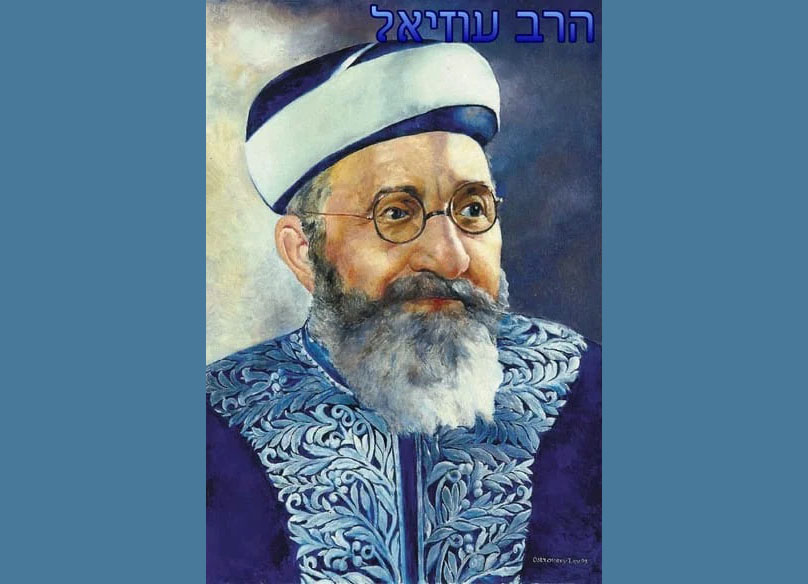


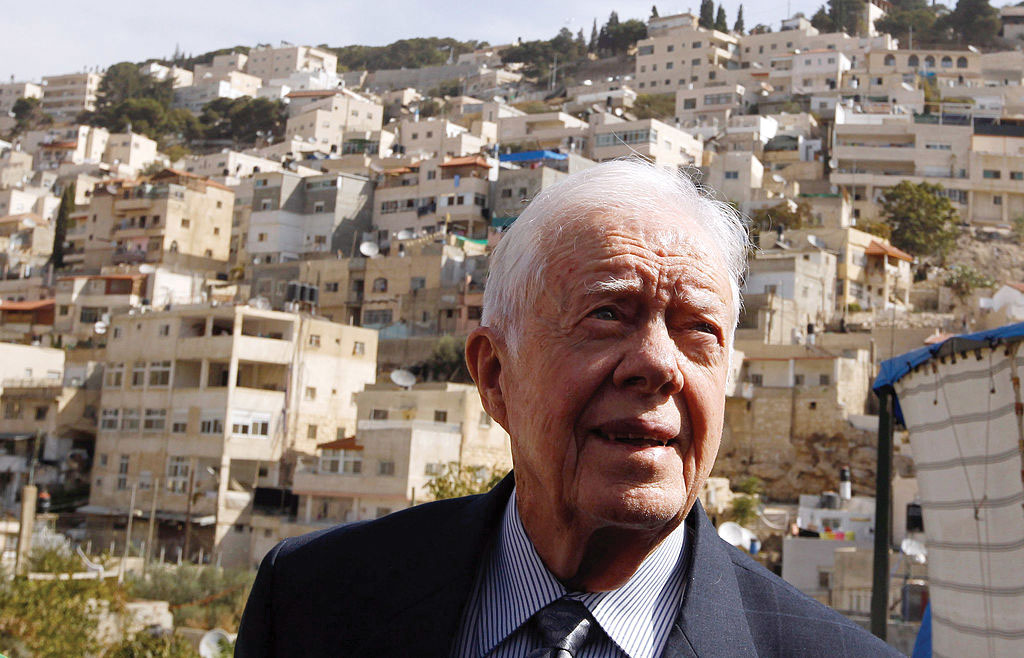

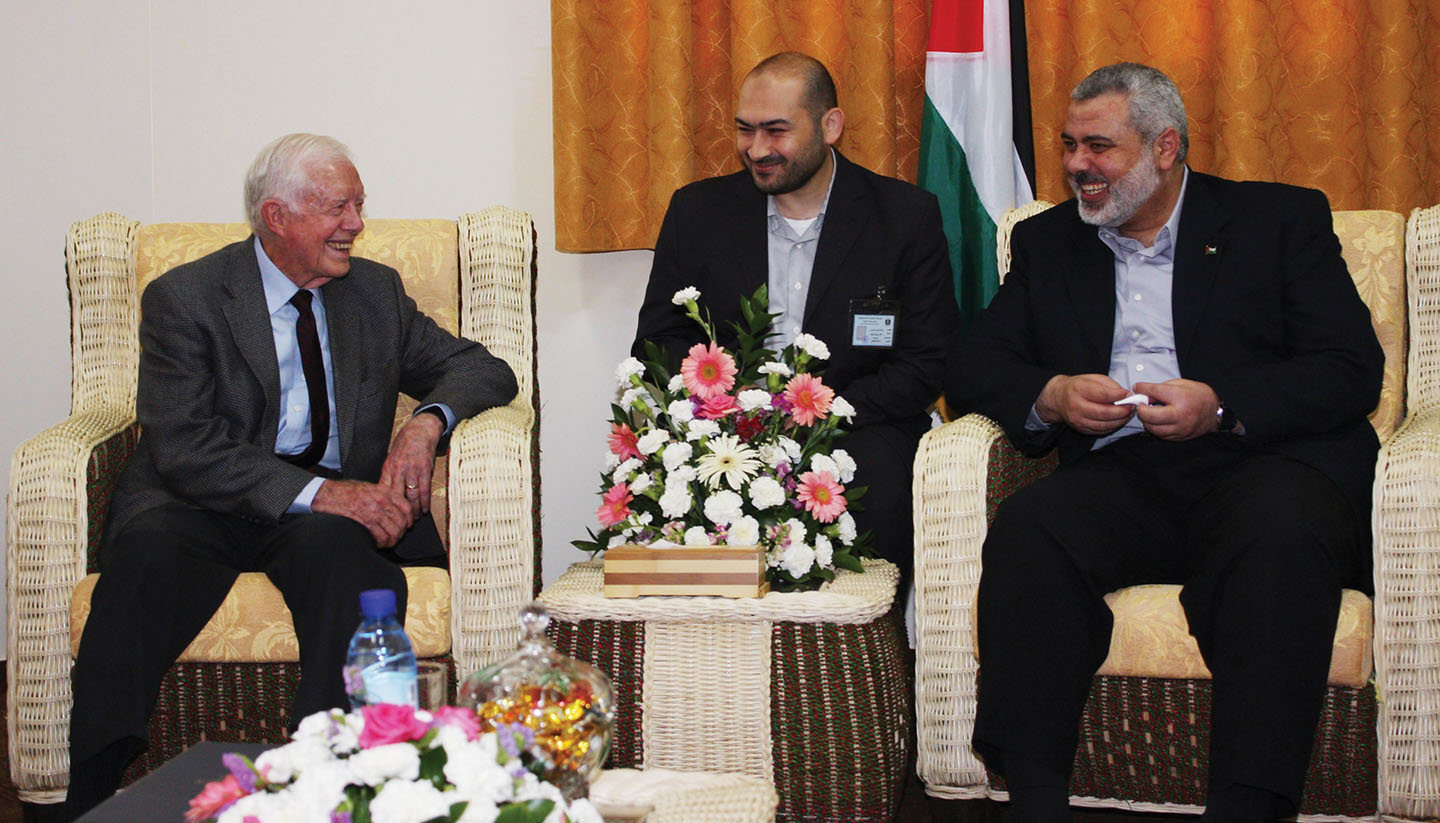
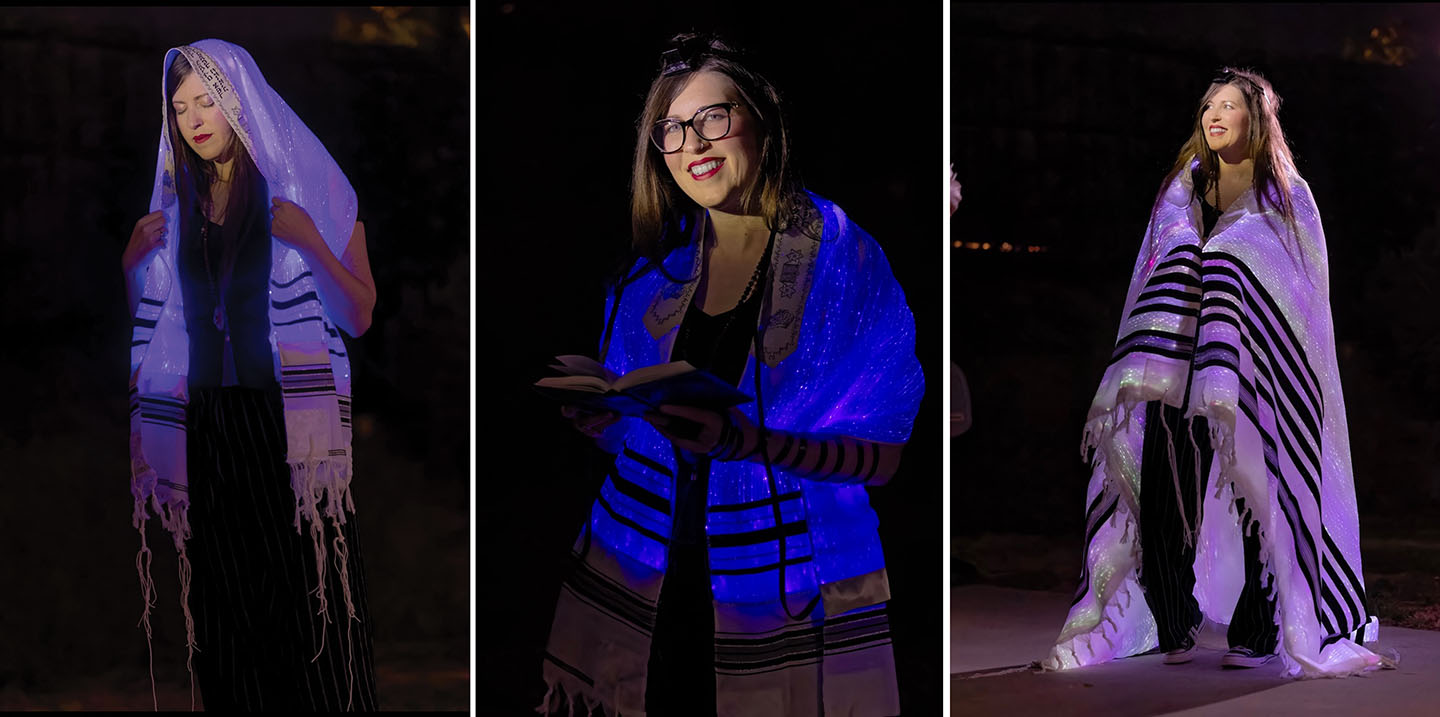
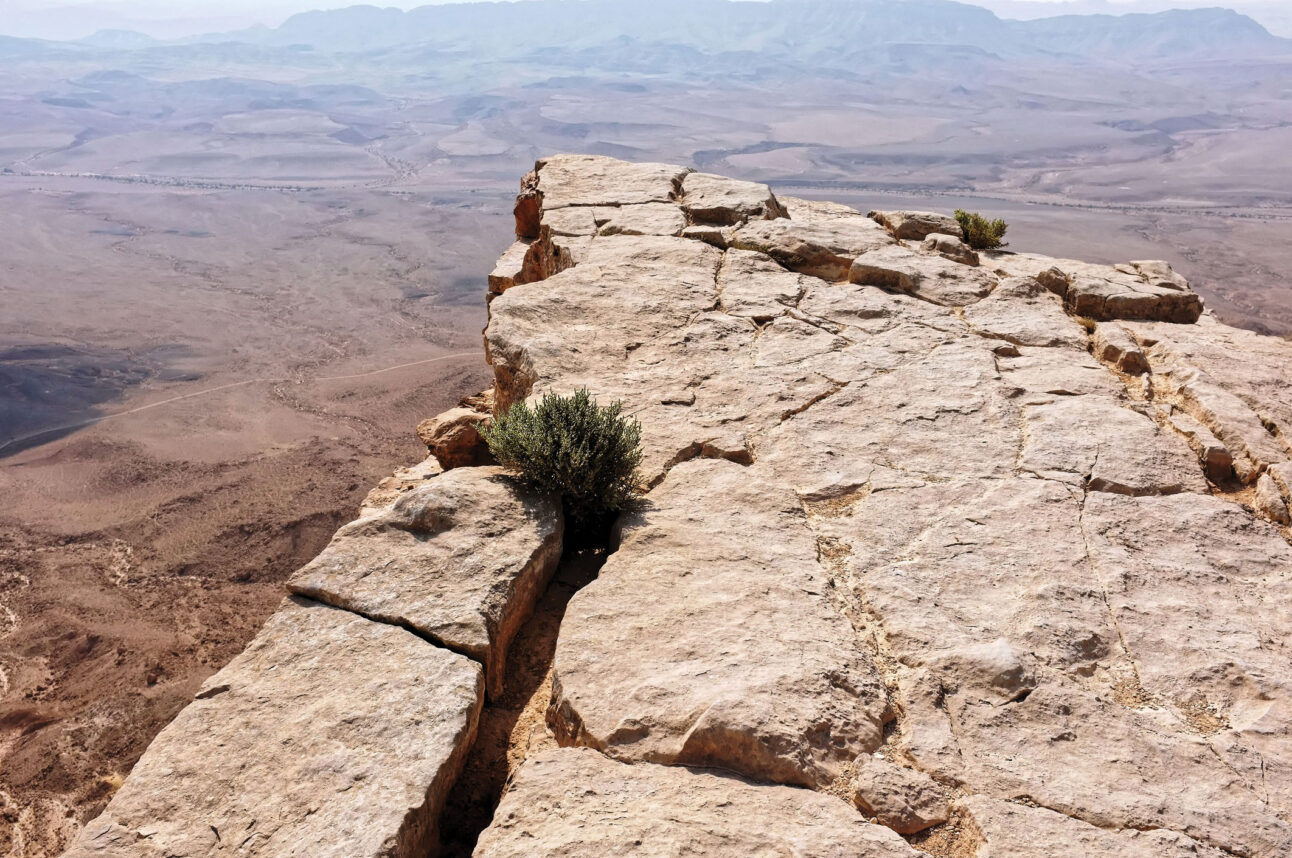
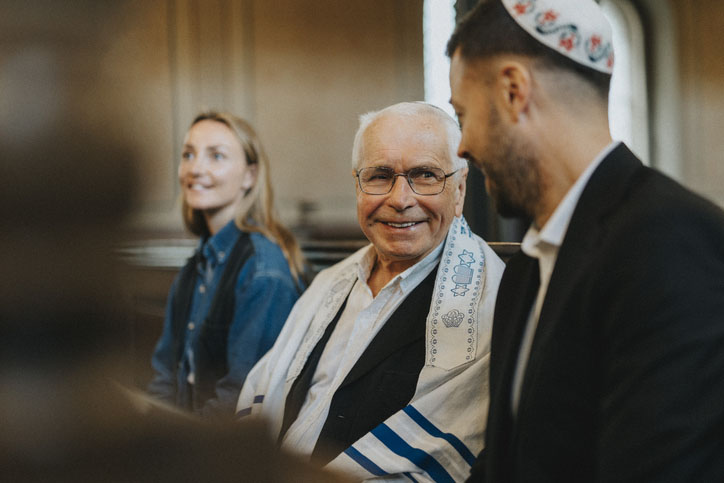
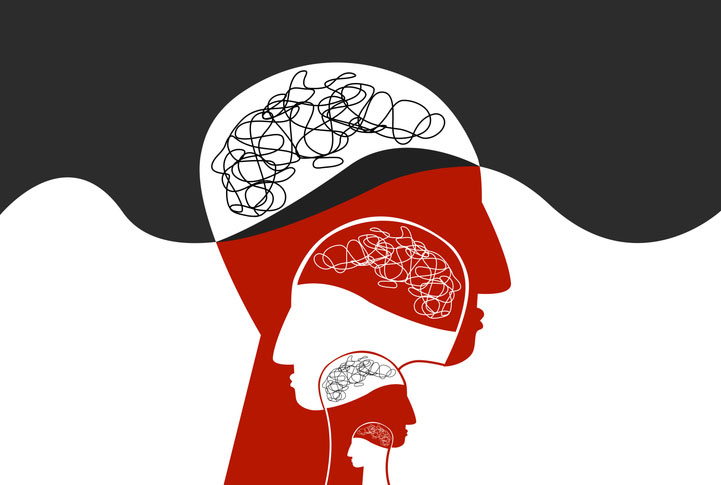




 More news and opinions than at a Shabbat dinner, right in your inbox.
More news and opinions than at a Shabbat dinner, right in your inbox.